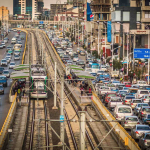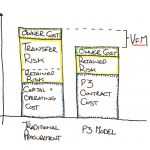The Rohingya crisis in Myanmar is currently rife with unanswered questions, which in some ways is one of the larger obstacles for deployment of relief and the pursuit of truth and justice.
UN Investigators have been repeatedly denied access to the Rakhine State (in the countries west) where the conflict and reported acts of ethnic cleansing have been taking place. Denial of entry to foreign organizations has delayed aid agencies like the Red Cross and the UNHCR (UN Refugee Agency) from getting needed food and medical supplies into the region, but it has also kept detailed information about the true nature and extent of atrocities from leaving the area as well. This information is vital for the UN Human Rights Council’s fact-finding mission, investigating alleged abuse and human rights violations by the military forces of Myanmar. To date, the Council Investigators have relied on testimony given by Rohingya refugees and medics who have fled the country to the western neighbor – Bangladesh. While the collected testimony has largely been corroboratory (and truly horrific) it is critical that investigators be granted entry to complete the investigation quickly and efficiently before any further damage or loss of life occurs.
Based on collected testimony, the situation remains critical and countries from around the world have collectively begun to apply pressure on both Aung San Suu Kyi the State Counsellor and de facto leader of Myanmar, as well as Sen. General Min Aung Hlaing the commander-in-chief of the Myanmar military forces. As the crisis continues to unfold it seems no one can be certain the true nature and extent of atrocities that continue to occur within the region.
References:
http://www.un.org/apps/news/story.asp?NewsID=56103#.WciizUw-Lq0
https://www.aspeninstitute.it/aspenia-online/article/rohingya-crisis-what-can-be-done
http://www.cbc.ca/news/world/myanmar-rohingya-un-1.4304952





